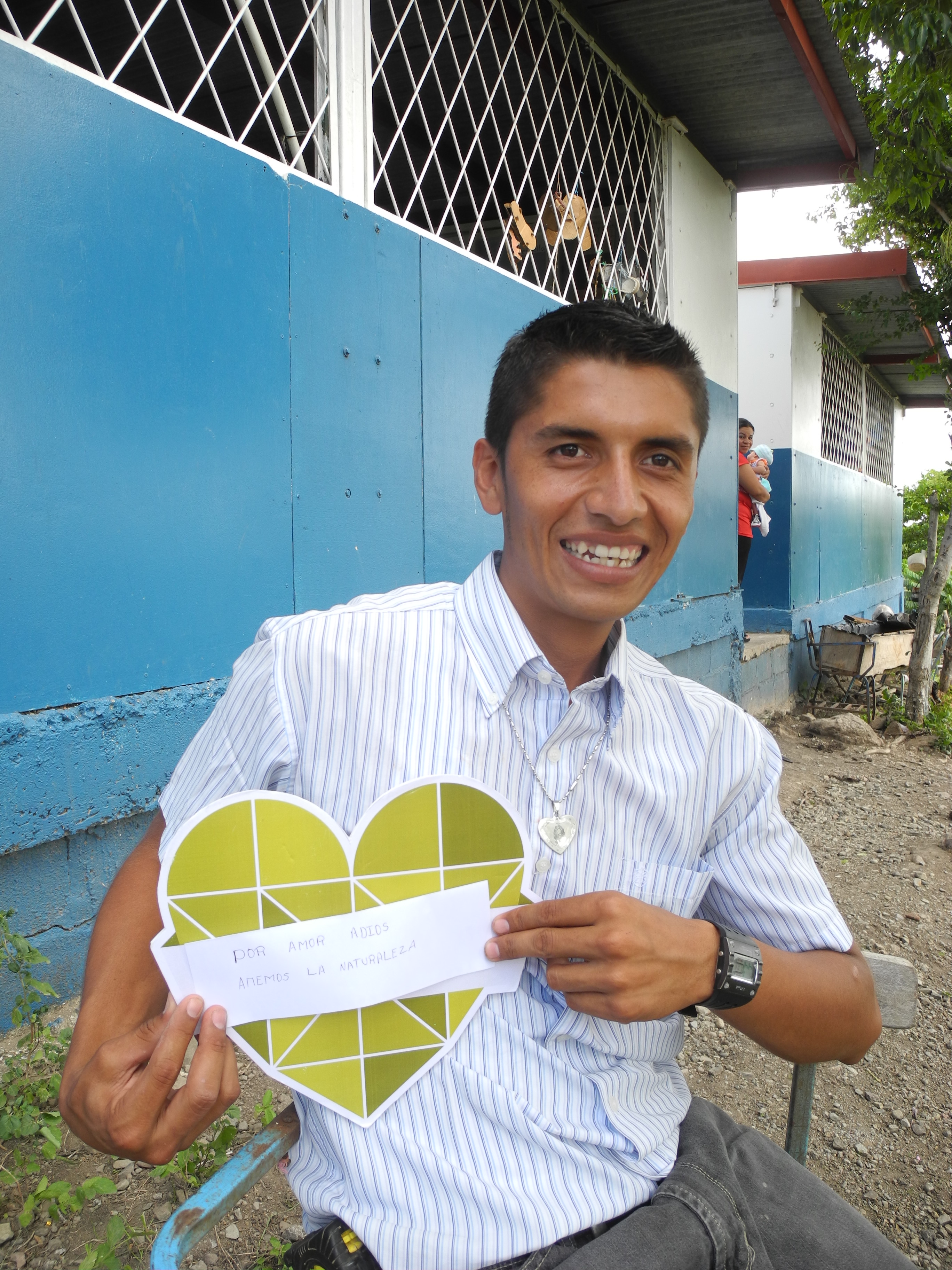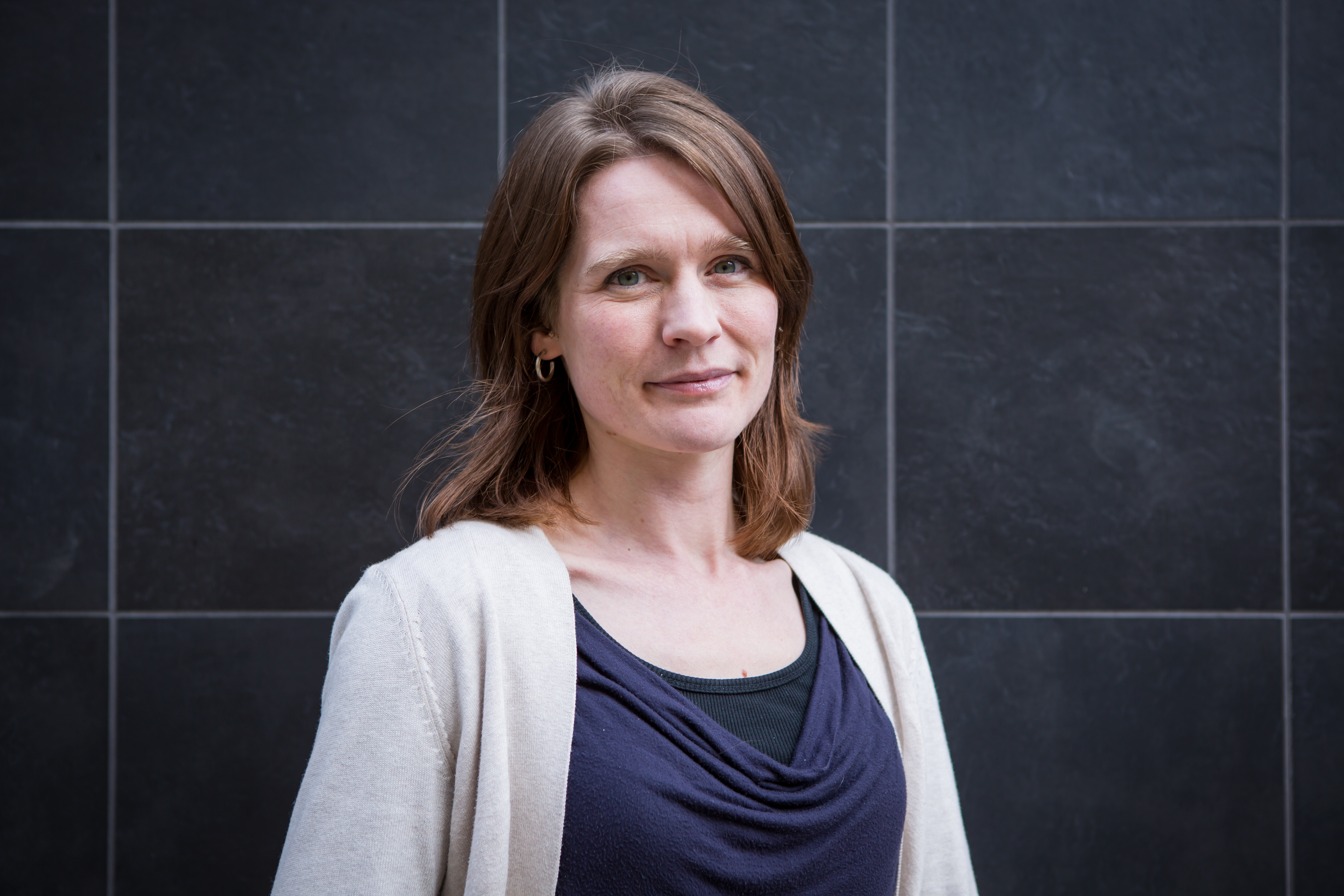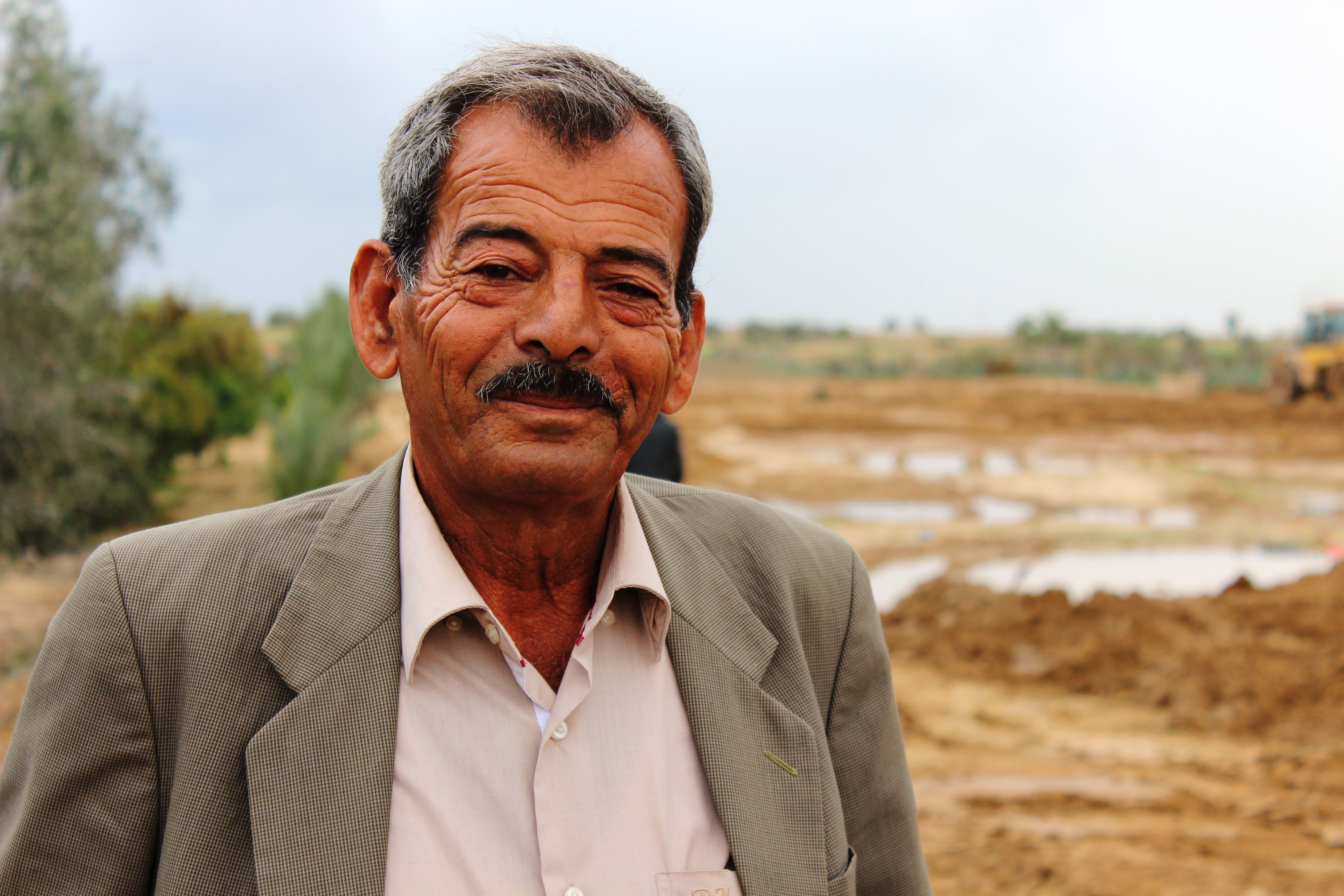Nicaragua: For the love of God, let’s care for the environment
January 14, 2015
In a month’s time, we’ll be celebrating Valentine’s Day and, as part of the Climate Coalition, we’ll be asking you to #showthelove and let everyone know why acting on climate change is a crucial part of loving our neighbours.
Twenty-six-year-old teacher, Lazaro Salvador Gutierrez Gonzalez, lives in a village in the municipality of Jinotega in the dry corridor of Nicaragua, an area prone to irregular rainfall and drought. Here he reflects on how the love of God motivates him to care for his environment.

This was a very poor community, difficult to get to, and very few organisations came here. But CAFOD partner Caritas Jinotega came. I can say truly it is an organisation that is concerned for its neighbour, that seeks out love and God sent it here to share this love for its neighbour.
The climate is difficult here because it is hot, so when Caritas brought trees to plant it was a moment of joy for me. I said to myself, I am going to make a change here, I am going to see this area reforested.
This is my dream
So we started to plant the trees, always with the hope that they will grow big, and that we will have cleaner air, a fresher climate. Worm composting gives us organic compost to help the plants to grow and the children that I teach learn to look after the plants, and have the hope of seeing new plants and fruit. This is my dream: to bring nature to the school.
Continue reading “Nicaragua: For the love of God, let’s care for the environment”

